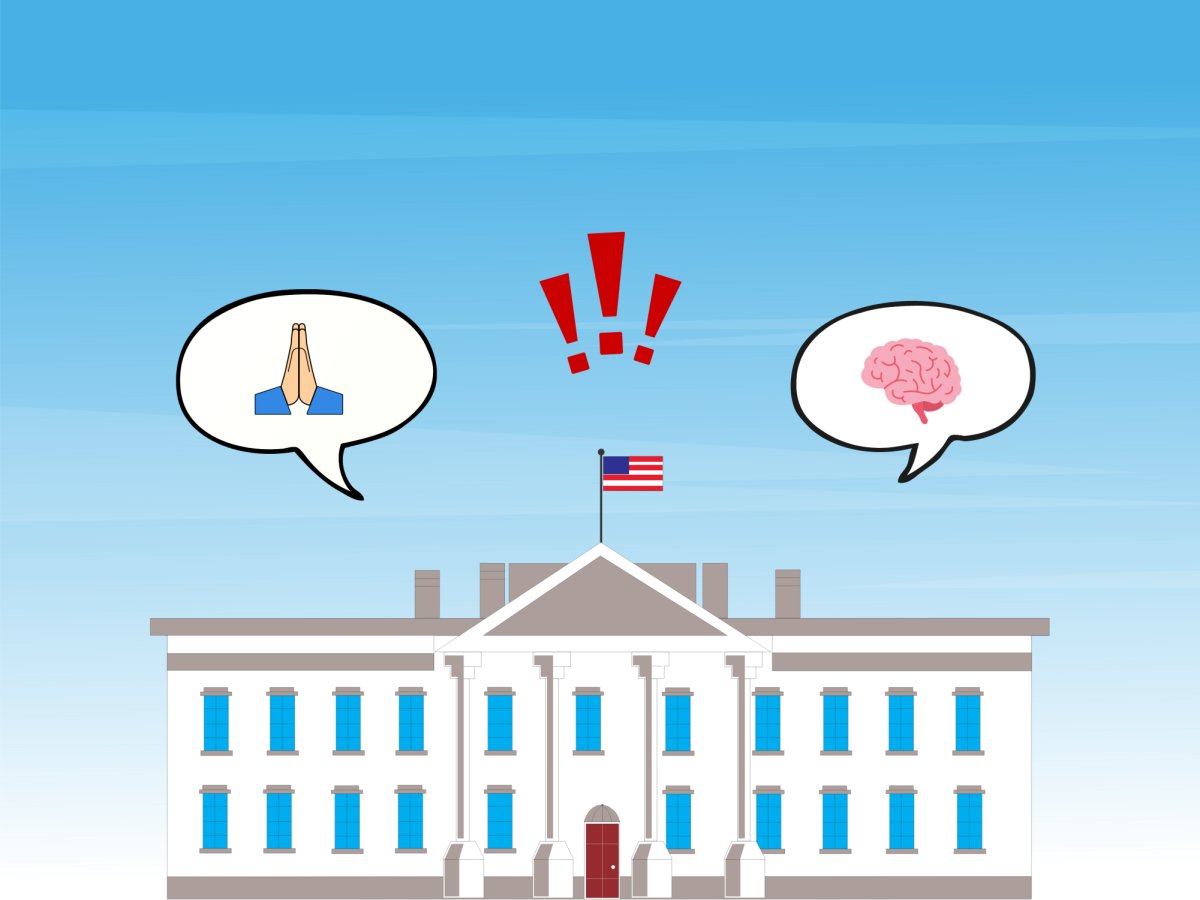It’s worse than you’d think
When I learned that I had been in close contact with someone who tested positive for COVID-19, I was strangely calm. It had felt almost inevitable that eventually it would happen, given the nature of the coronavirus pandemic.
While I knew that having COVID-19 could bring on more serious outcomes, I had automatically assumed that being young and healthy, I would be fine. I thought the worst that would happen would be boredom, loneliness and maybe some slight cold symptoms if I tested positive. I was wrong about my prediction, to say the least.
I tested positive a few days after hearing that I had come in contact with the virus. The 10 days that I experienced in isolation were extremely difficult. I felt sicker than I ever had. In the daytime, I felt exhausted and in pain, while during the night I was in so much pain I was unable to sleep. My entire body ached, I was coughing constantly, had a sore throat and I constantly felt lightheaded and dizzy. At certain points, I had leg cramps that wouldn’t even let me walk.
People typically compare COVID-19 to having the flu, and as someone who has had both, I would much rather have the flu.
There were no solutions. Despite feeling truly awful, the only thing that I could do was take Tylenol, which didn’t even help to alleviate my symptoms. I had to wait it out.
On top of all of that, I had to take care of myself and continue my school work. I couldn’t go home to have my family take care of me because I didn’t want to expose them to the virus. I could barely get out of bed, yet all of my normal responsibilities that I had were still there. I was completely alone.
The school work I had seemed to be piling up, but I couldn’t bring myself to do any work. I was still going to classes because they were online and it felt like there was no excuse to miss them, as I could attend them from my bed. But listening to classes only made my headaches worse, and I don’t think that I retained a single concept that we learned.
There was no taking time off. Missing my classes or not doing my work just meant that there was more for me to do later. I was sick and stressed and a lot of the time I spent resting felt like I was just digging myself into a deeper hole.
My professors were aware of the fact that I had tested positive and was in isolation, but despite having the virus that started a global pandemic, it felt like none of them cared. I was able to get extensions for a few assignments, but all it did was push things back. As soon as my symptoms had slightly improved, I was overwhelmed by how much work I had to make up. It felt like I was drowning in work and stress while still dealing with my symptoms.
It felt like every frustration I had about the past semester was coming to a culmination: The burnout from online classes and lack of breaks in combination with having COVID-19 (and still being expected to function as normal) was exhausting. My mental health had definitely hit a low point. It felt like one thing on top of another, and there was no end. No matter how frustrated or sad or alone I felt, it seemed like there was nothing I could do or anyone I could turn to.
It isn’t fair or true to say that every case of COVID-19, especially in young people, is asymptomatic or mild. I truly wish that the university had implemented a better plan to accommodate students who were sick from the coronavirus.





















































